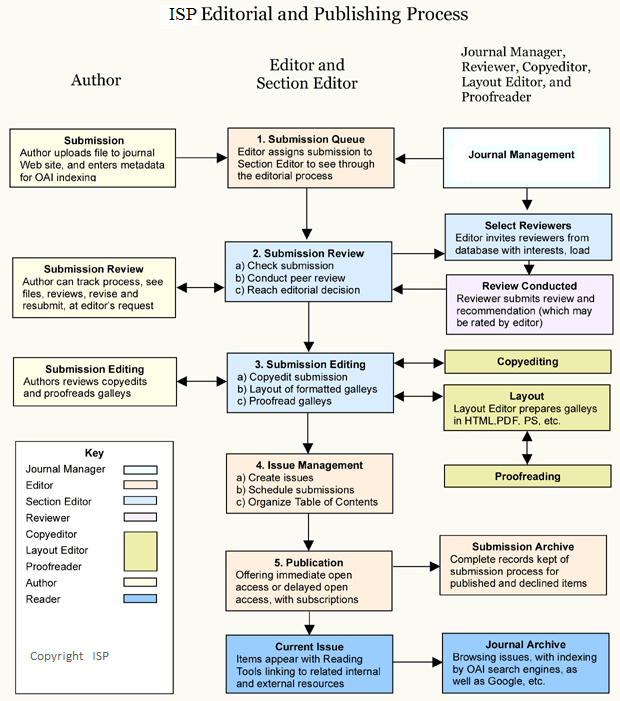It is a rechristened 'Journal of Biomedical and Therapeutic Sciences' to cover the fundamental to applied research towards development of drugs and therapeutics. The fundamental science (Medical Biochemistry, Medical Biotechnology, Medicinal Chemistry, Drug Delivery, Biophysics, Genetics, Immunology and all other allied fields) and applied medical science (Clinical Medicine, Surgery, Medicine, Microbiology, and other medical fields) are covered by the journal.
The journal publishes all aspects concerned with the drug development, drug delivery, therapeutics and diagnosis.


